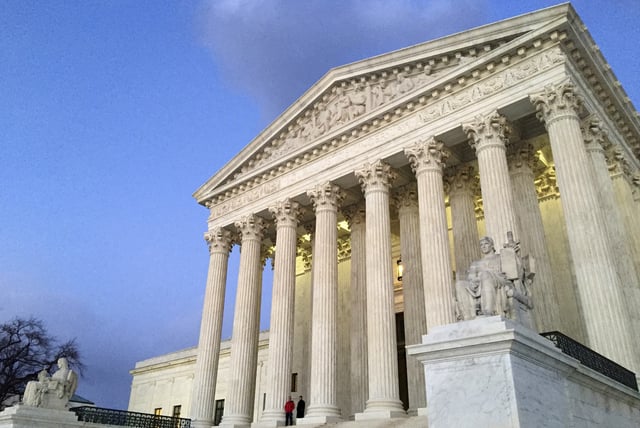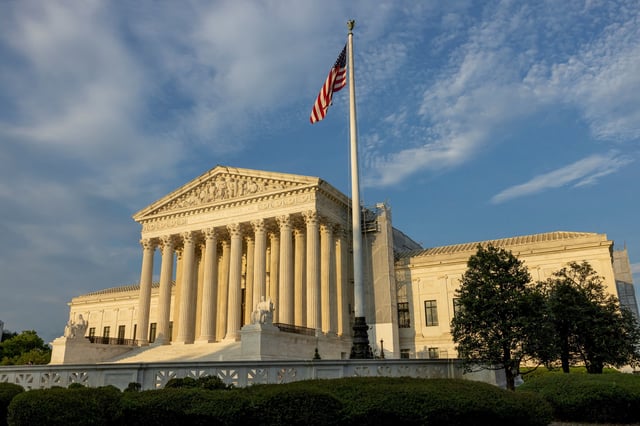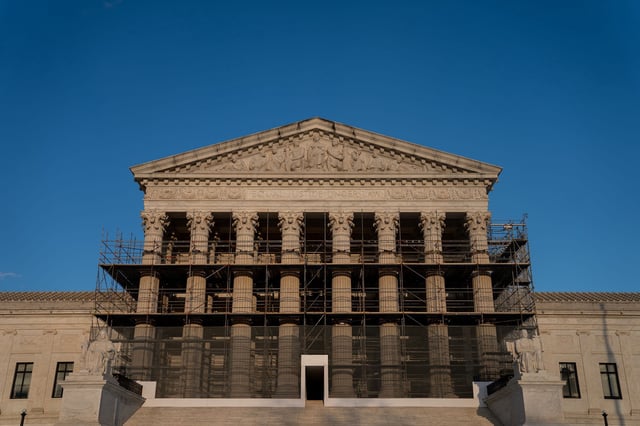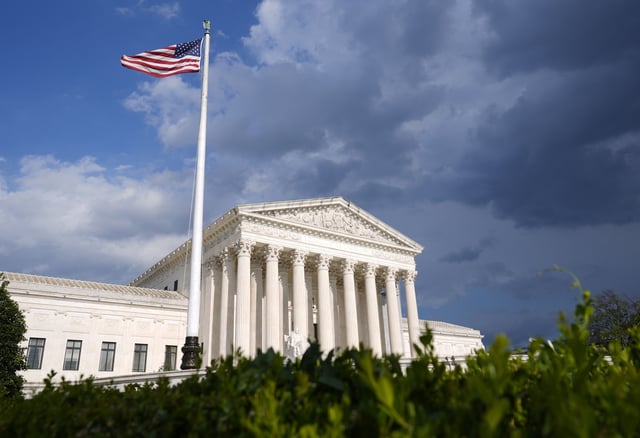Overview
- Douglas Horn, a truck driver, claims he was fired after using a CBD product falsely advertised as THC-free, which led to a failed drug test.
- The Supreme Court ruled that financial harm to earning potential qualifies as a business injury under RICO, allowing Horn to seek triple damages.
- Justice Amy Coney Barrett authored the majority opinion, rejecting the company's argument that RICO does not cover such claims.
- Dissenting justices and the U.S. Chamber of Commerce warned the decision could increase lawsuits against businesses, expanding RICO's scope.
- The ruling does not resolve whether the product contained THC, leaving Horn's underlying claims to be determined in lower courts.



